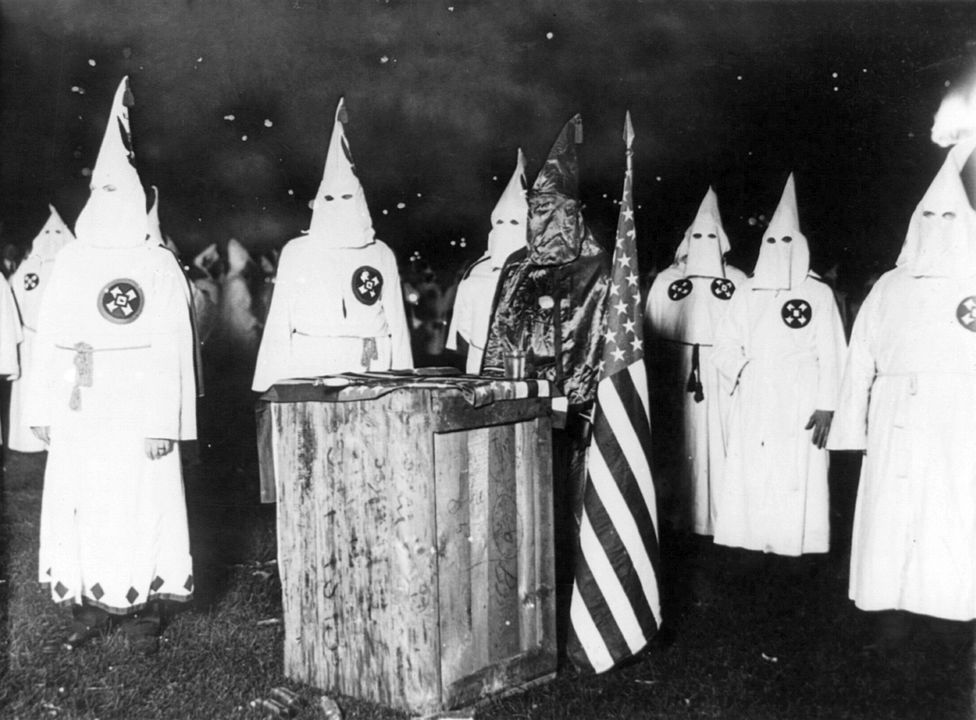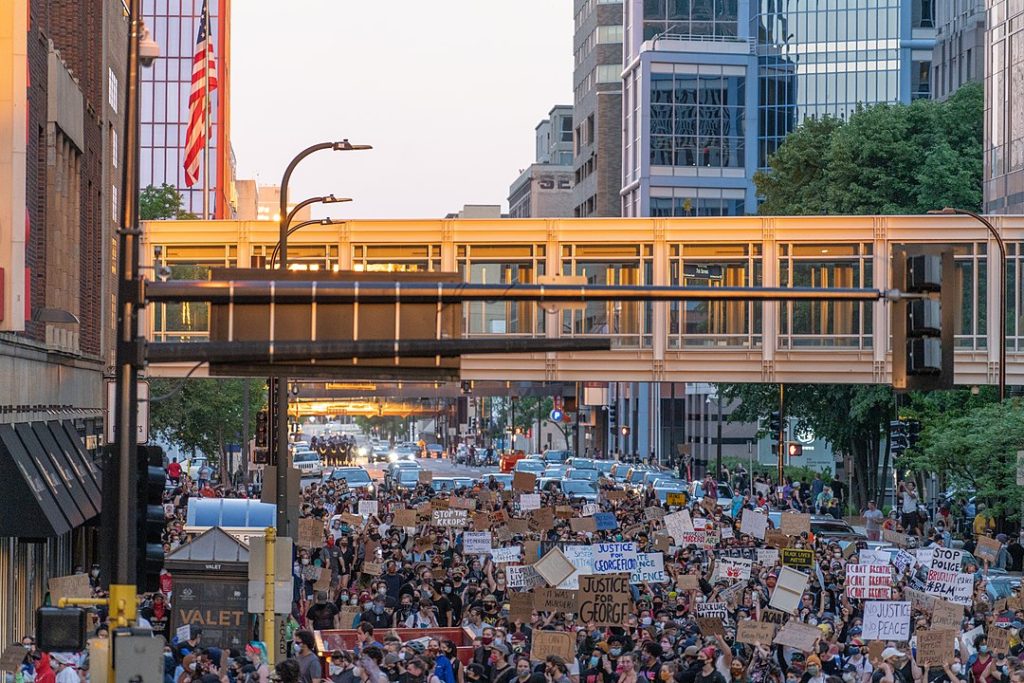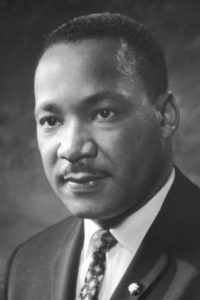The Personal Mission of Daryl Davis to Melt the Ku Klux Klan
I love this podcast. Daryl Davis set out on a personal mission to melt the hate residing within members of the Ku Klux Klan. He did it with kindness, curiosity and a superhuman amount of patience and courage. I suspect that his gentle nature and his love of music also played helped to pave the way. Here's an excerpt from the related article from FIRE (Foundation for Individual Rights in Education):
"Daryl Davis, a 58-year-old black man, grew up attending international schools and traveling the world with his parents who worked in the foreign service. ... “When I was overseas, I was multicultural. But when I would return home to the states, I was either in all black schools or black and white schools, depending on whether I was going to the newly integrated school or the still segregated one.”
Davis’ experience with segregation and racism in the United States led him to ask the question, “How can you hate me if you don’t even know me?” To find his answer, Davis began interviewing members of the Ku Klux Klan in the early ‘90s for a book he planned to write, ultimately titled “Klan-destine Relationships: A Black Man’s Odyssey in the Ku Klux Klan.” What he found in the course of researching his book was that while he was actively learning about Klan members, they were passively learning about him.
“If you spend five minutes with your worst enemy, you will find you have something in common,” said Davis. “If you spend 10 minutes, you’ll find you even have more in common. And the more you find that you have in common and build upon those things, the less the things that you have in contrast will begin to matter, like skin color.”
This open dialogue resulted in many of Davis’ interview subjects ultimately becoming his friends and giving up their prejudices. Today, he has dozens of Klan robes at his home that were given to him by former Klan members who shed their racist beliefs after meeting him.


